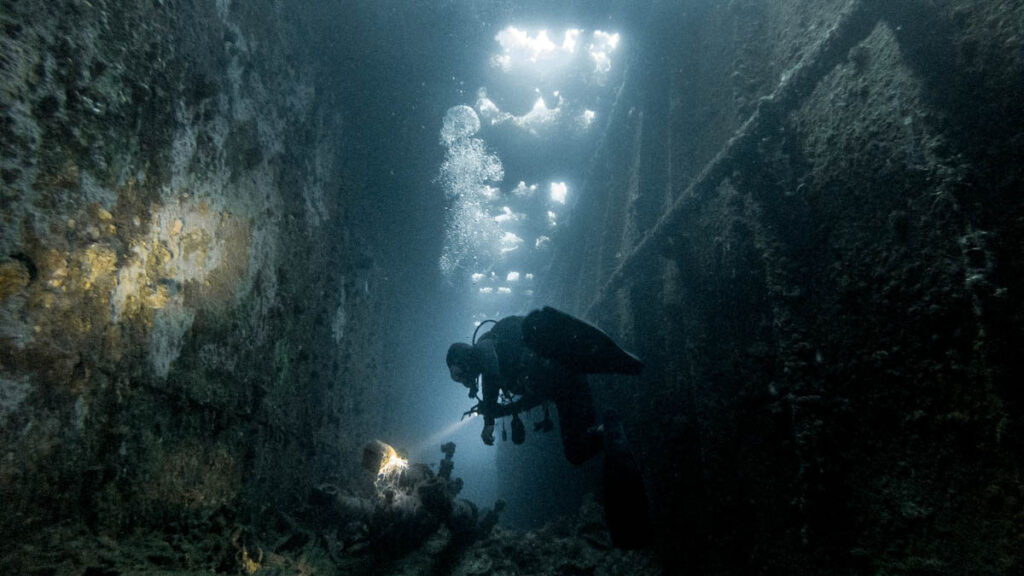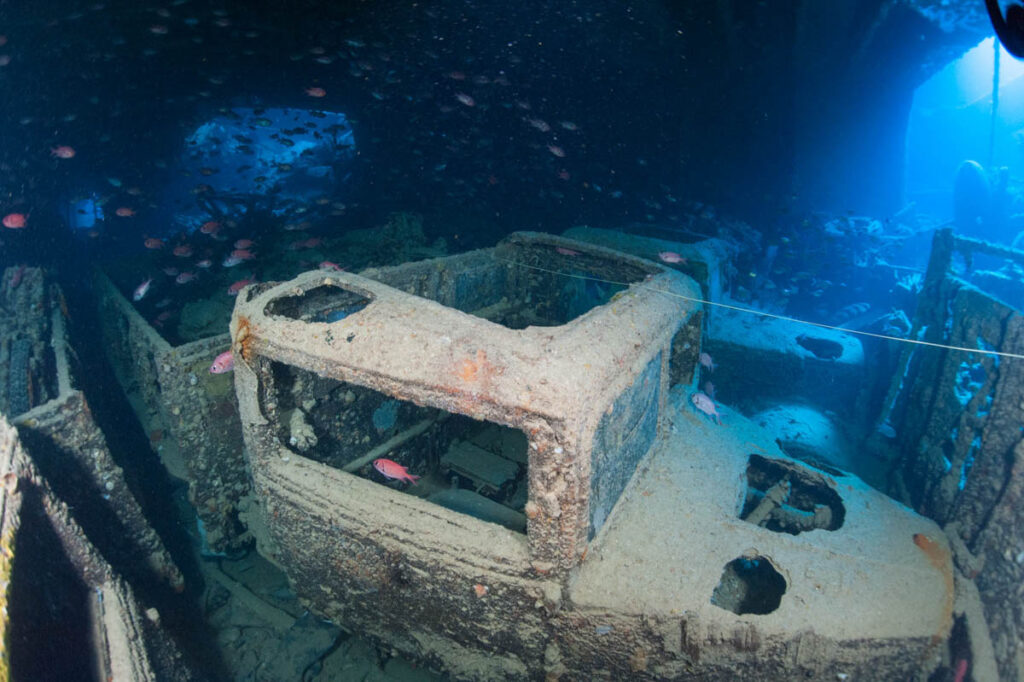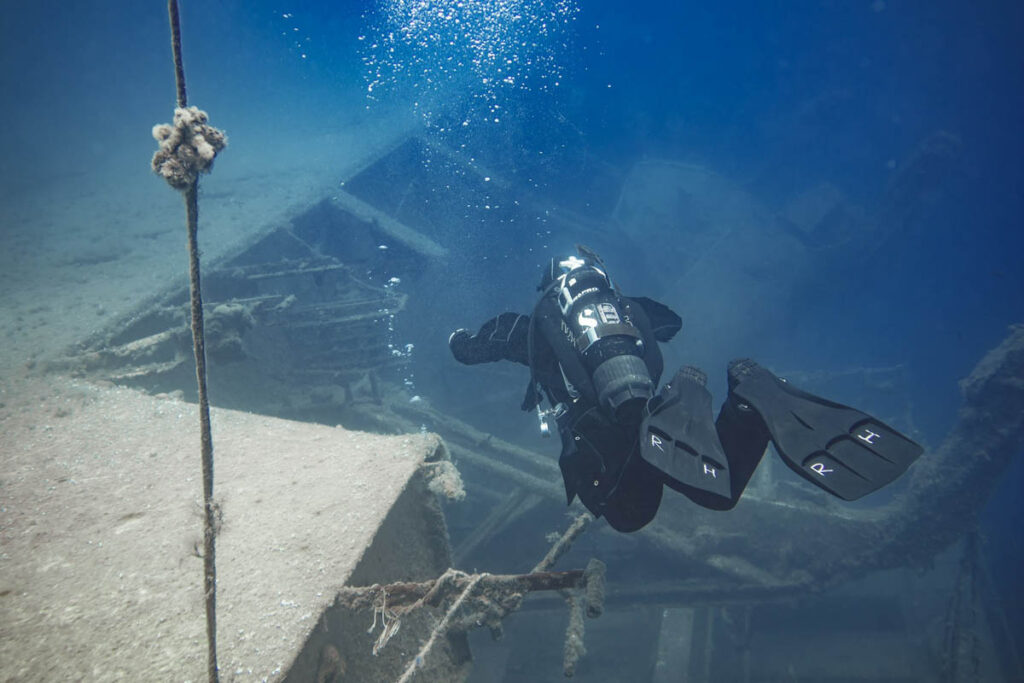Exploring Sunken Treasures and Historical Wrecks Beneath the Waves
Introduction
Wreck diving, a captivating blend of adventure and exploration, offers divers a unique opportunity to delve into history while exploring the hidden depths of the ocean. Beneath the waves lie sunken vessels, each with its own tale to tell, waiting to be discovered by intrepid divers. In this article, we’ll embark on a journey to unravel the mysteries of shipwreck diving, exploring the allure, challenges, and rewards of this exhilarating underwater pursuit.
The Allure of Wreck Diving
The allure of wreck diving lies in the thrill of discovery and the opportunity to witness history firsthand. Sunken ships serve as time capsules, preserving a snapshot of the past beneath the ocean’s surface. From ancient galleons laden with treasure to modern vessels lost in tragic accidents, each wreck tells a story that captivates divers and historians alike.
Exploring these underwater museums allows divers to connect with history in a way that few other experiences can match. Whether it’s exploring the remains of a legendary pirate ship or investigating a World War II wreck, shipwreck diving offers a tangible link to the past, making history come alive in a truly immersive way.

Photo by Marek Okon on Unsplash
Challenges of Wreck Diving
While wreck diving offers unparalleled rewards, it also presents unique challenges that require skill, experience, and careful planning to overcome. Navigating the intricate structures of a sunken ship can be disorienting, and visibility may be limited, requiring divers to rely on their training and instincts to explore safely.
Additionally, many wrecks are located at significant depths, requiring advanced diving techniques and equipment. Technical divers often use mixed gases and employ specialized procedures to safely explore these deeper wrecks, adding an extra layer of complexity to the experience.
Preservation and Conservation
Preserving and protecting shipwrecks is essential to ensure that future generations can continue to enjoy and learn from these underwater treasures. Divers must adhere to strict ethical guidelines when exploring wrecks, taking care to minimize their impact on fragile ecosystems and delicate historical artifacts.
Furthermore, efforts to document and study shipwrecks help to enhance our understanding of maritime history and archaeology. Through careful research and excavation, archaeologists can uncover valuable insights into past cultures and societies, enriching our collective knowledge of the human experience.

Conclusion
Wreck diving offers a unique blend of adventure, history, and exploration, making it a favorite pursuit among divers around the world. Whether you’re drawn to the thrill of discovery, the opportunity to connect with history, or the challenge of exploring underwater environments, wreck diving has something to offer for divers of all skill levels.
As we continue to unravel the mysteries of the deep, let us remember the importance of preserving and protecting these underwater treasures for future generations to enjoy. By approaching shipwreck diving with respect, responsibility, and a spirit of discovery, we can ensure that the secrets of the deep continue to inspire and captivate divers for years to come.







